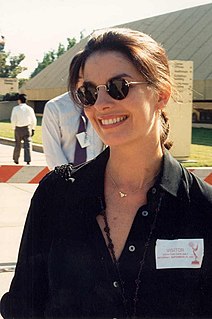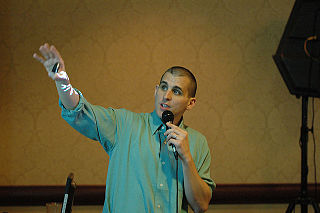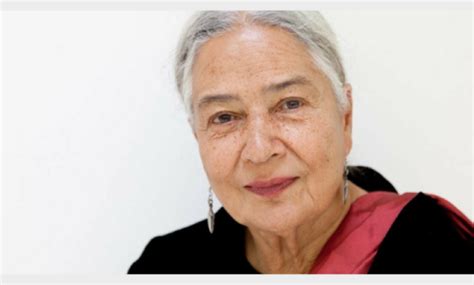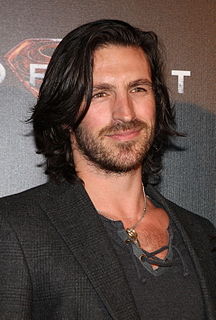A Quote by Jonathan Maberry
My first book deal was actually for a textbook - 'Judo and You' - that I wrote while teaching at Temple University. A scout for Kendall-Hunt came looking for someone to write the book, and even though it wasn't a course I was teaching there, I agreed to write it.
Related Quotes
You have to surrender to your mediocrity, and just write. Because it's hard, really hard, to write even a crappy book. But it's better to write a book that kind of sucks rather than no book at all, as you wait around to magically become Faulkner. No one is going to write your book for you and you can't write anybody's book but your own.
I think, for me, there's The Book I Should Write and The Book I Wanted to Write - and they weren't the same book. The Book I Should Write should be realistic, since I studied English Lit. It should be cultural. It should reflect where I am today. The Book I Wanted to Write would probably include flying women, magic, and all of that.


































